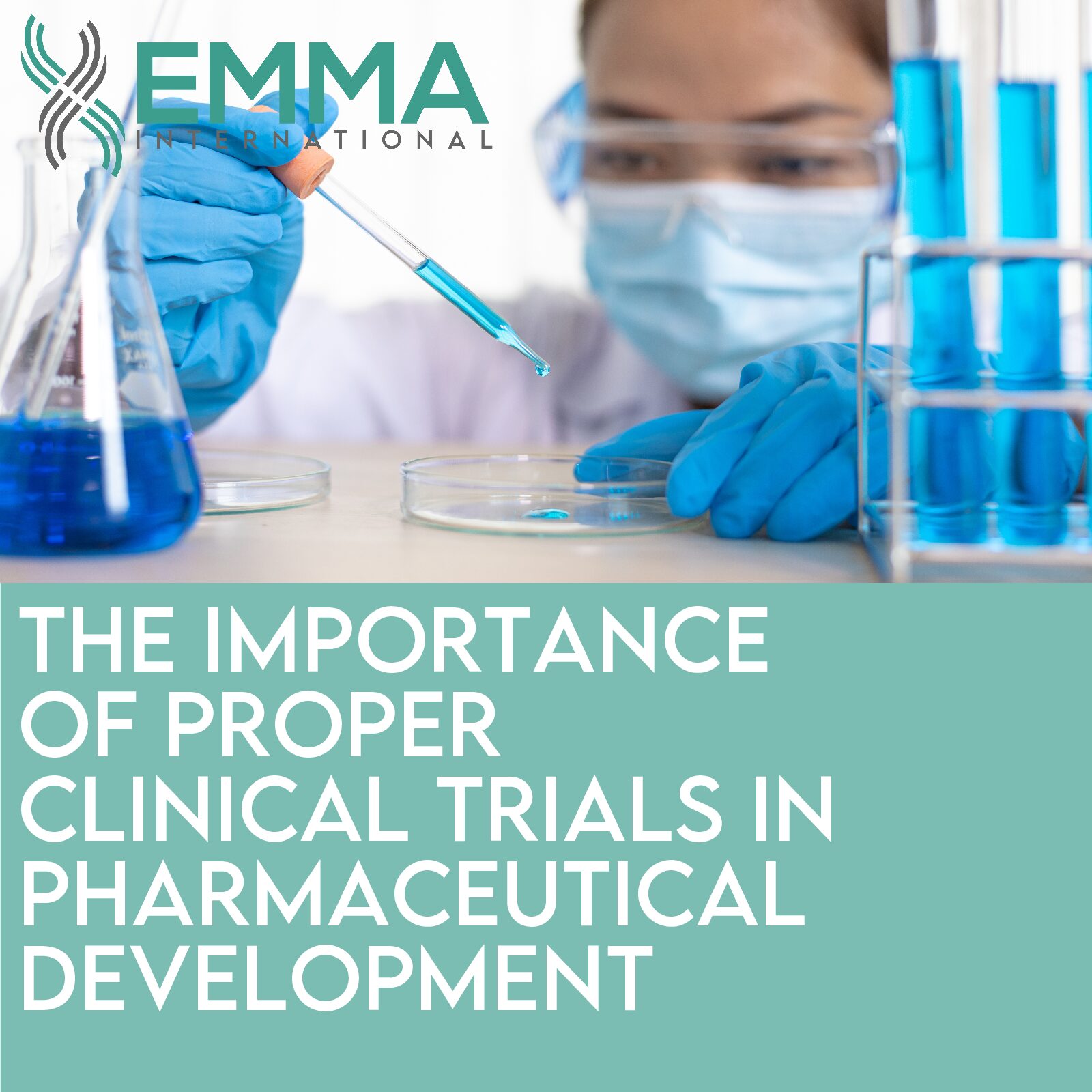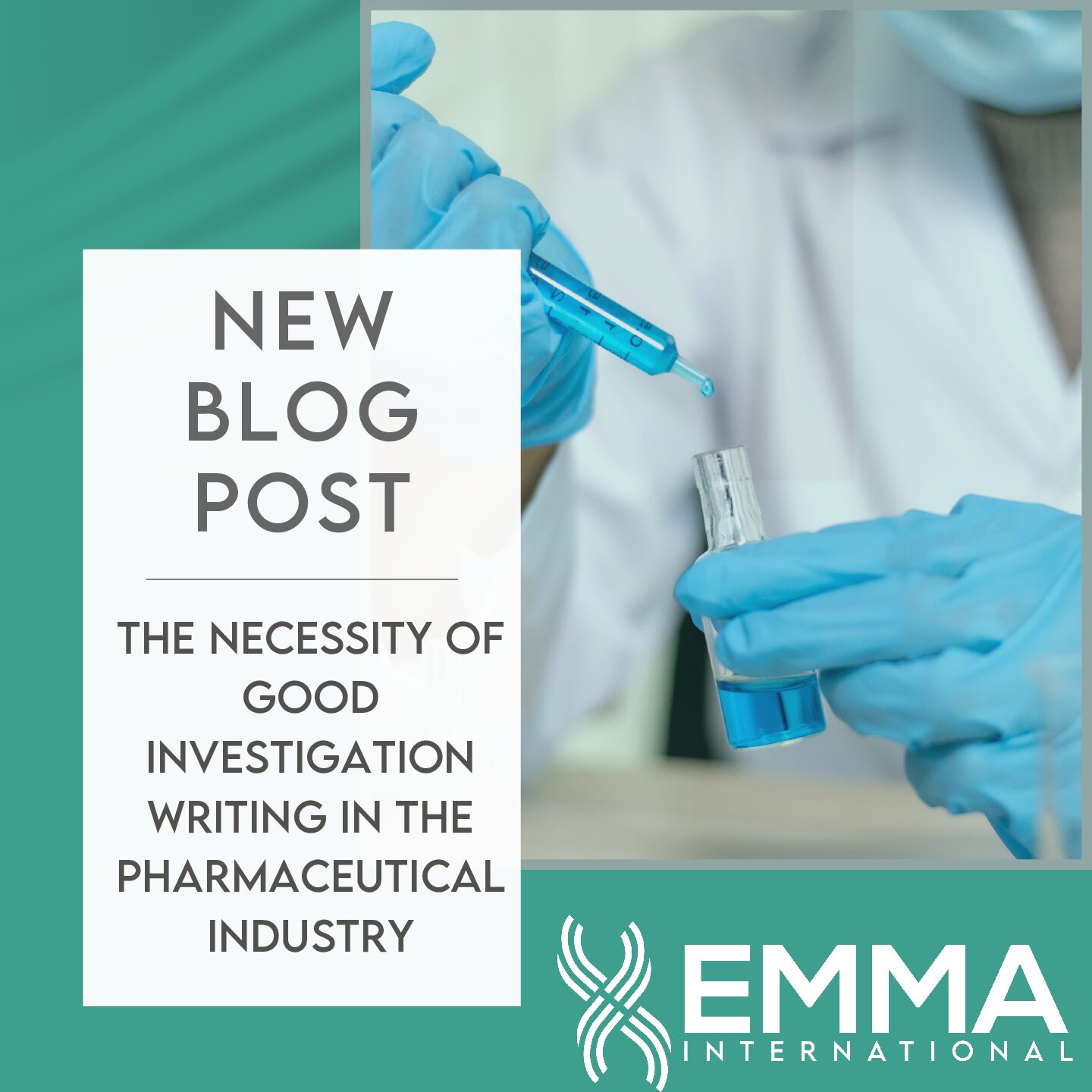In the life sciences industry, quality is often seen as a regulatory requirement rather than a strategic business asset. However, in an environment where innovation, patient safety, and regulatory compliance are critical, quality plays a significant role in driving profitability and economic impact. High-quality processes, products, and operations can serve as both a differentiator and a cost-saving mechanism, which directly impacts the bottom line.
The Cost of Poor Quality
When quality processes are lacking, the consequences can be severe – ranging from regulatory fines to product recalls, all of which result in significant financial losses. A study by the American Society for Quality (ASQ) found that companies lose between 15% and 20% of their sales due to poor quality.1 In life sciences, this impact is even more critical due to the stringent regulations governing pharmaceuticals, biologics, and medical devices.
Quality as a Revenue Driver
On the flip side, investing in quality processes not only mitigates these risks but also serves as a revenue driver. Companies that prioritize quality tend to experience:
- Reduced Costs: Quality management systems (QMS) that focus on preventive actions rather than corrective ones can significantly reduce the costs associated with rework, scrap, and non-conformance. Fewer defects lead to less waste and higher efficiency.
- Faster Time-to-Market: Companies with strong quality control measures can navigate regulatory approvals more smoothly, reducing time-to-market. In an industry where patent windows are narrow, getting a product to market faster can make a substantial difference in profitability.
- Customer Retention and Loyalty: High-quality products foster trust and satisfaction among customers, whether they are patients, healthcare professionals, or regulatory bodies. Loyal customers and strong brand reputation result in sustained revenue streams.
The Role of External Quality Consultants
Many life science companies struggle to manage the intersection of quality and profitability, especially smaller firms or those undergoing rapid growth. Bringing in external consultants can significantly improve both compliance and efficiency. For example, experts in quality assurance and regulatory affairs can optimize processes, reducing waste and ensuring timely approvals, thereby enhancing overall profitability.
EMMA International, for instance, helps companies in the life sciences sector streamline their quality management systems and regulatory strategies. With our support, organizations can avoid costly errors, ensure compliance, and enhance operational efficiency—all of which contribute to greater profitability.
Quality Metrics and ROI
Investing in quality initiatives can lead to a strong return on investment (ROI). According to McKinsey, organizations that prioritize quality see a potential ROI of 5-10 times their initial investment.2 Key performance indicators (KPIs) that reflect the economic impact of quality include:
- First-pass yield: A high first-pass yield indicates that products are meeting quality standards without needing rework, which directly reduces costs.
- Complaint reduction: Lower complaint rates often lead to fewer product recalls and a better brand image, translating to increased customer loyalty and sales.
- On-time delivery: High-quality processes can enhance operational efficiency, leading to better supply chain management and quicker delivery, ultimately boosting revenue.
Quality is more than just a regulatory requirement in the life sciences industry; it is a key driver of profitability. By investing in robust quality systems and engaging external expertise to optimize processes, life science companies can reduce costs, enhance efficiency, and foster customer loyalty. In turn, these efforts lead to higher profits, faster time-to-market, and a stronger market position.
To learn more about how EMMA International can help your organization, call us at 248-987-4497 or email info@emmainternational.com today.
1. Six Sigma Daily. (2021, October 4). Quality: The most important success metric. https://www.sixsigmadaily.com/quality-most-important-success-metric/#:~:text=ASQ%20points%20out%20that%20many%20companies%20have,10%%20to%2015%%20of%20operations%20at%20most.
2. McKinsey & Company. (2022, October 12). The ten rules of growth. https://www.mckinsey.com/capabilities/strategy-and-corporate-finance/our-insights/the-ten-rules-of-growth





